Rwanda Intensifies Efforts to Protect Air Quality and Phase Out Harmful Emissions
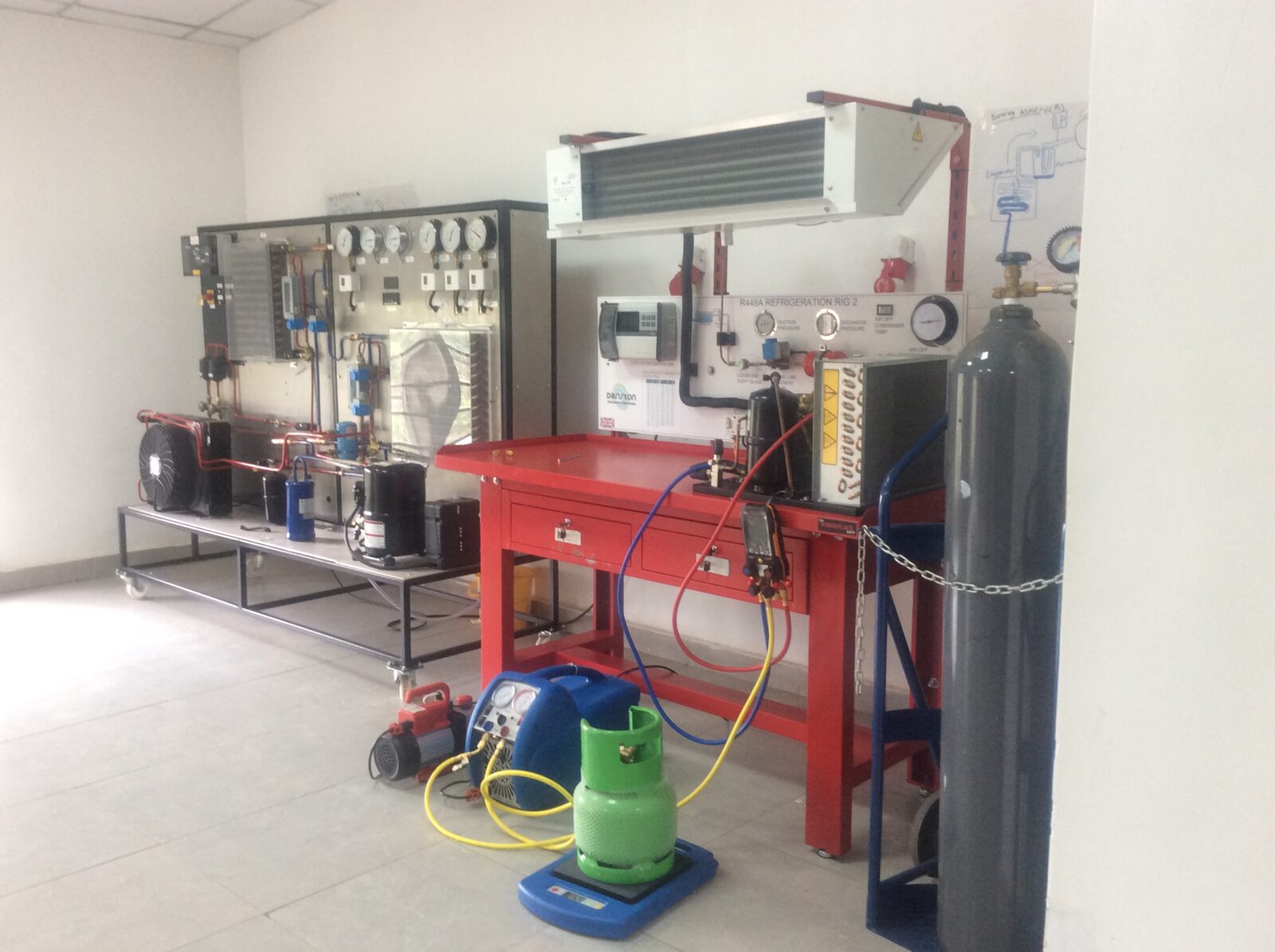
In Rwanda, clean air is increasingly being treated as a shared treasure — and a shared responsibility. The government, businesses, and citizens are all being called to action as the country accelerates efforts to cut harmful emissions from both household appliances and vehicles.
Cooling appliances like fridges and air conditioners are a hidden source of damage. Many still rely on gases that eat away at the ozone layer or trap heat in the atmosphere.
Aline Uwasempabuka from the Rwanda Environment Management Authority (REMA) explains the risk in simple terms: “Some of the gases used in these appliances damage the environment … Rwandans need to understand that when buying a fridge or air conditioner, they should ask whether the gas it uses is environmentally safe.”

Leaks often go unnoticed, but the consequences are serious. “When one comes to repair your fridge,” Uwasempabuka says, “you should ask: if they say the gas is missing, where did it go? The only place it can go is into the air we breathe, where it harms our skin, respiratory system, and more.”
Technical experts back up this warning. Basile Seburikoko, from ACES, points out that “there are many reasons why these gases might leak. One is that the appliances themselves may not meet quality standards, meaning they don’t deliver what they are supposed to.”
To change this, Rwanda has committed to phasing out harmful refrigerants like HFCs within the next five years — much earlier than the 2030 deadline set for developing countries under the Montreal Protocol. Some businesses are already ahead of the curve.
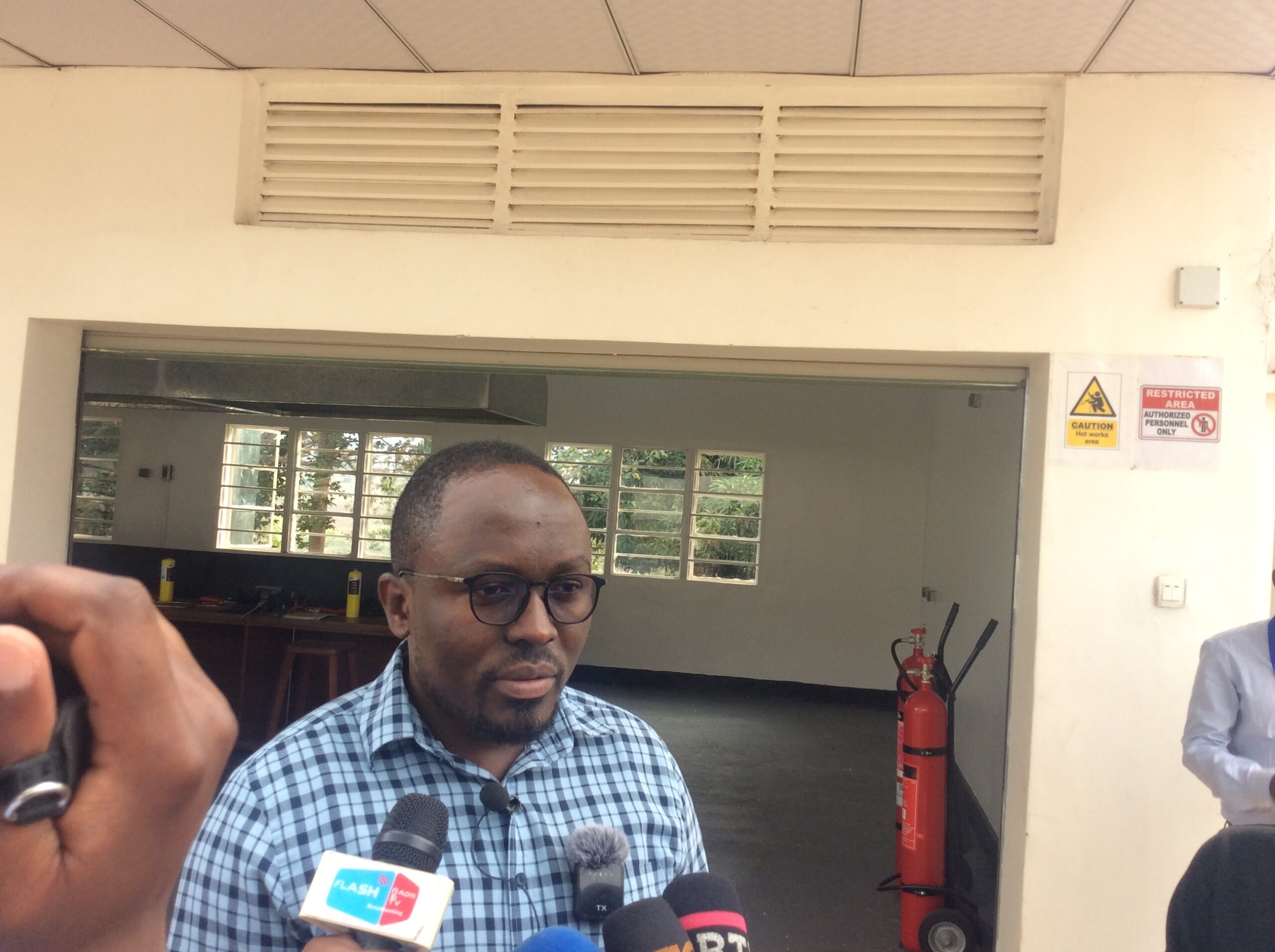
At Garden Fresh, a major exporter of fresh produce, manager Bosco Karuhanga proudly notes: “We are using R470 cooling gas, which is safe. Our cooling system supports exports of between 10 and 12 tonnes of produce per day.”
This transformation isn’t limited to appliances. Every day, over 150 vehicles in Rwanda are tested for emissions, part of a national effort to ensure cleaner air in cities and towns. Many drivers have welcomed the program, seeing it not just as an environmental obligation but also as a way to improve fuel efficiency and prolong the life of their vehicles.
By combining stricter enforcement with public awareness, Rwanda is sending a clear message: protecting the air is everyone’s business. In Uwasempabuka’s words, it comes down to choices — what we buy, how we maintain it, and how we think about the air we all share.
Related Articles
Strengthening Rwanda’s SMEs for Circular Food Systems: Embedding Circularity Beyond Project Implementation for Long-Term Transformation
As Rwanda advances its circular economy ambitions, small and medium-sized enterprises (SMEs)...
Powering Food, Restoring Land: How Renewable Energy and Regenerative Agriculture Are Transforming Rwanda’s Farms
Across Rwanda’s rolling hills, a quiet revolution is underway. It begins in...
Late February Weather Alert: Heavy and Above-Average Rainfall Forecast Across Rwanda
The Ministry in charge of Disaster Management (MINEMA) has issued a weather...
GBOX Launches AI Literacy Initiative to Support Rwanda’s Digital and Sustainable Development
A new Artificial Intelligence (AI) literacy program has been introduced last week...





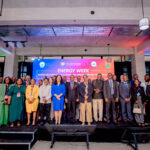
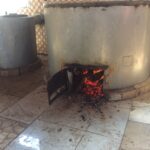
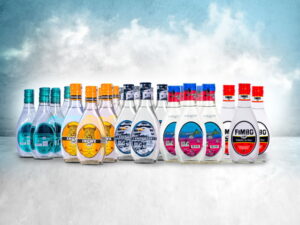
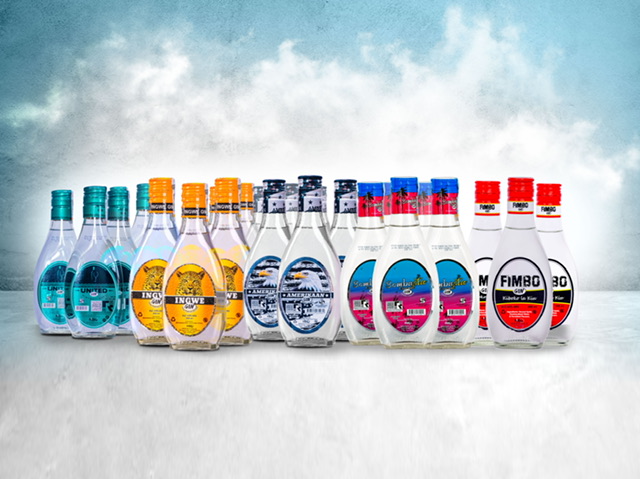
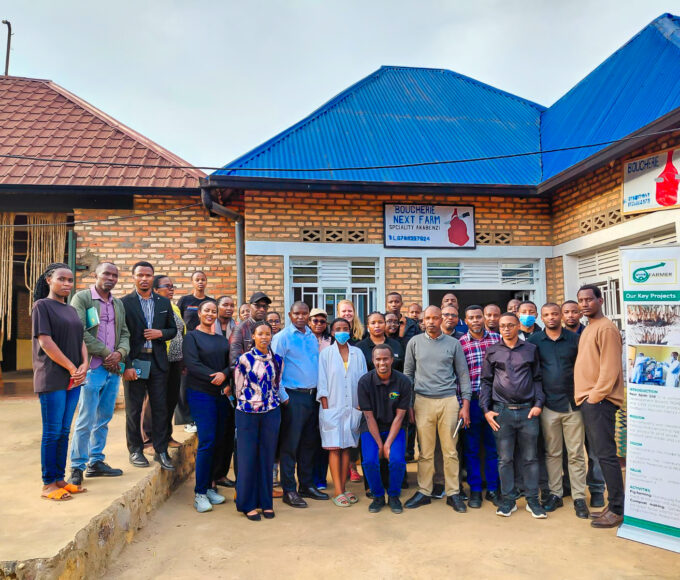

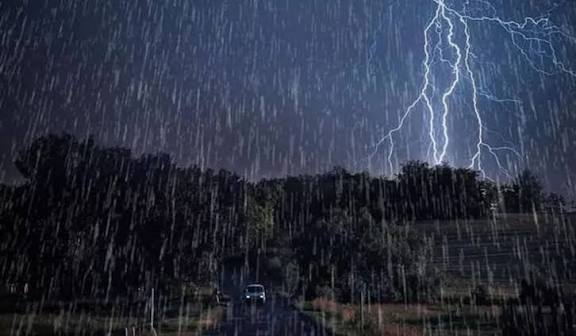
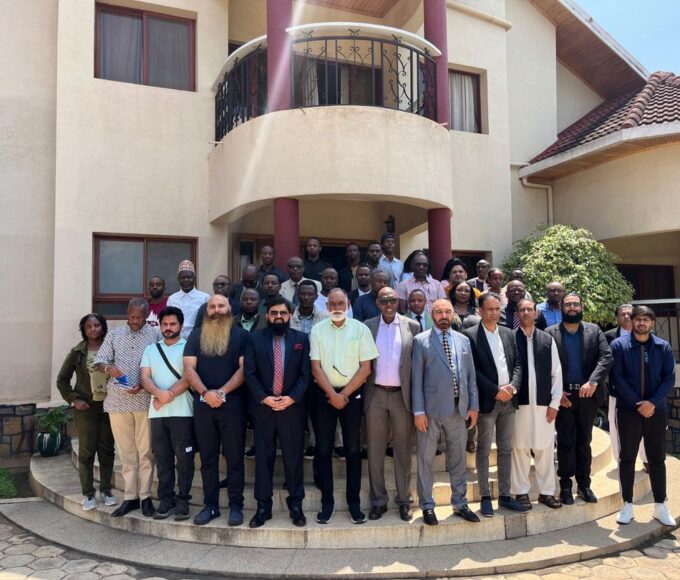
Leave a comment